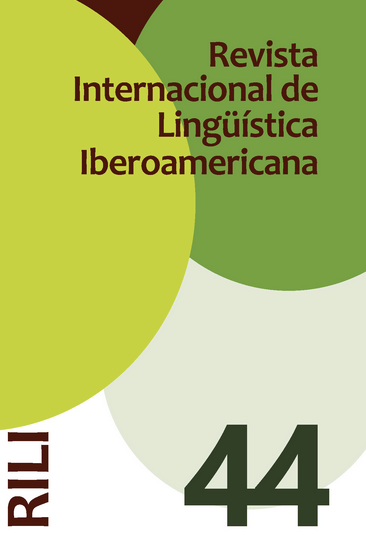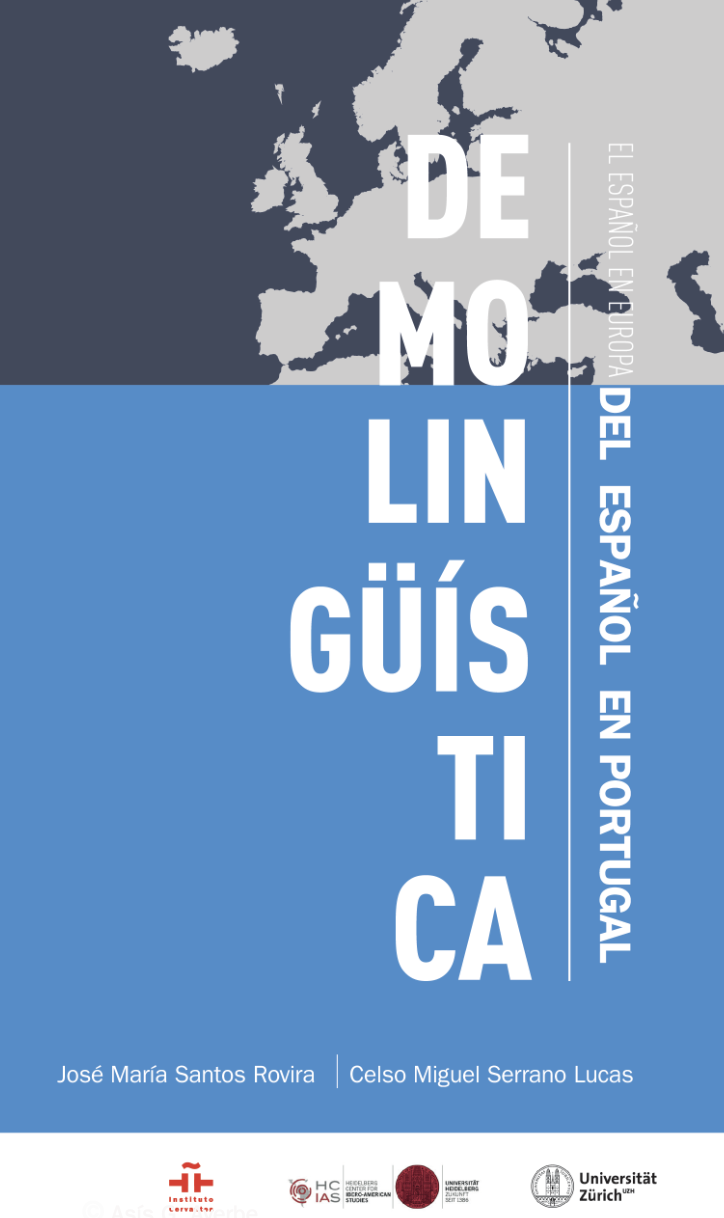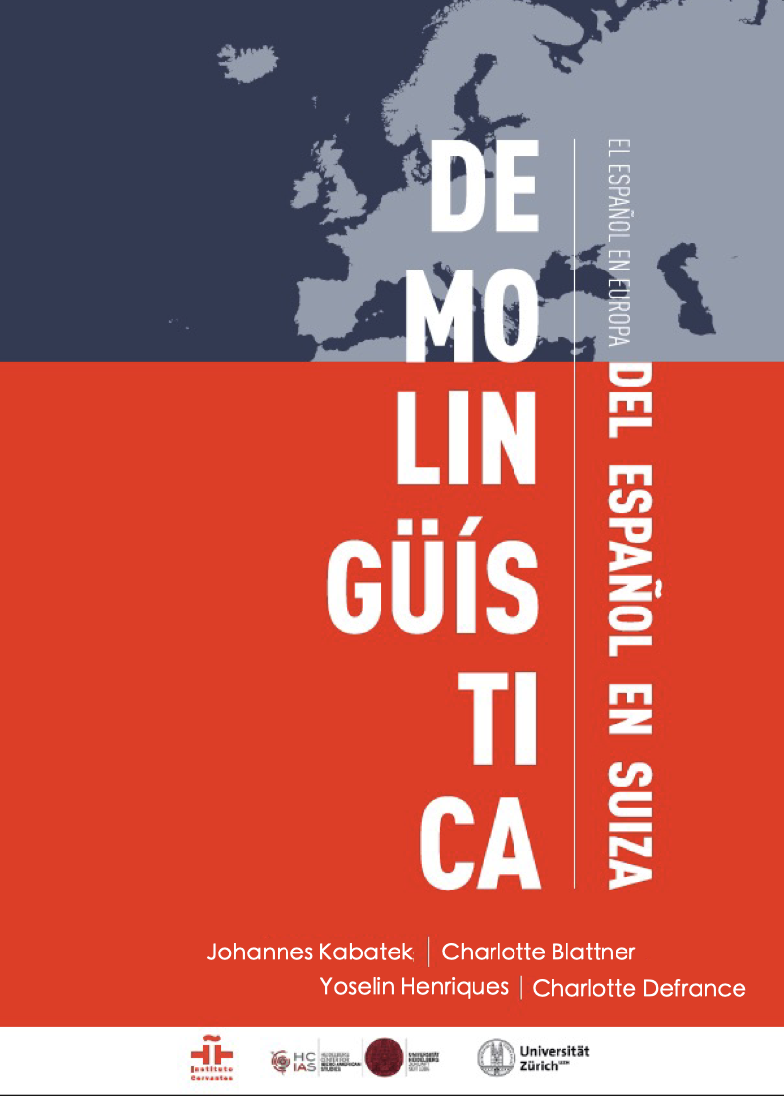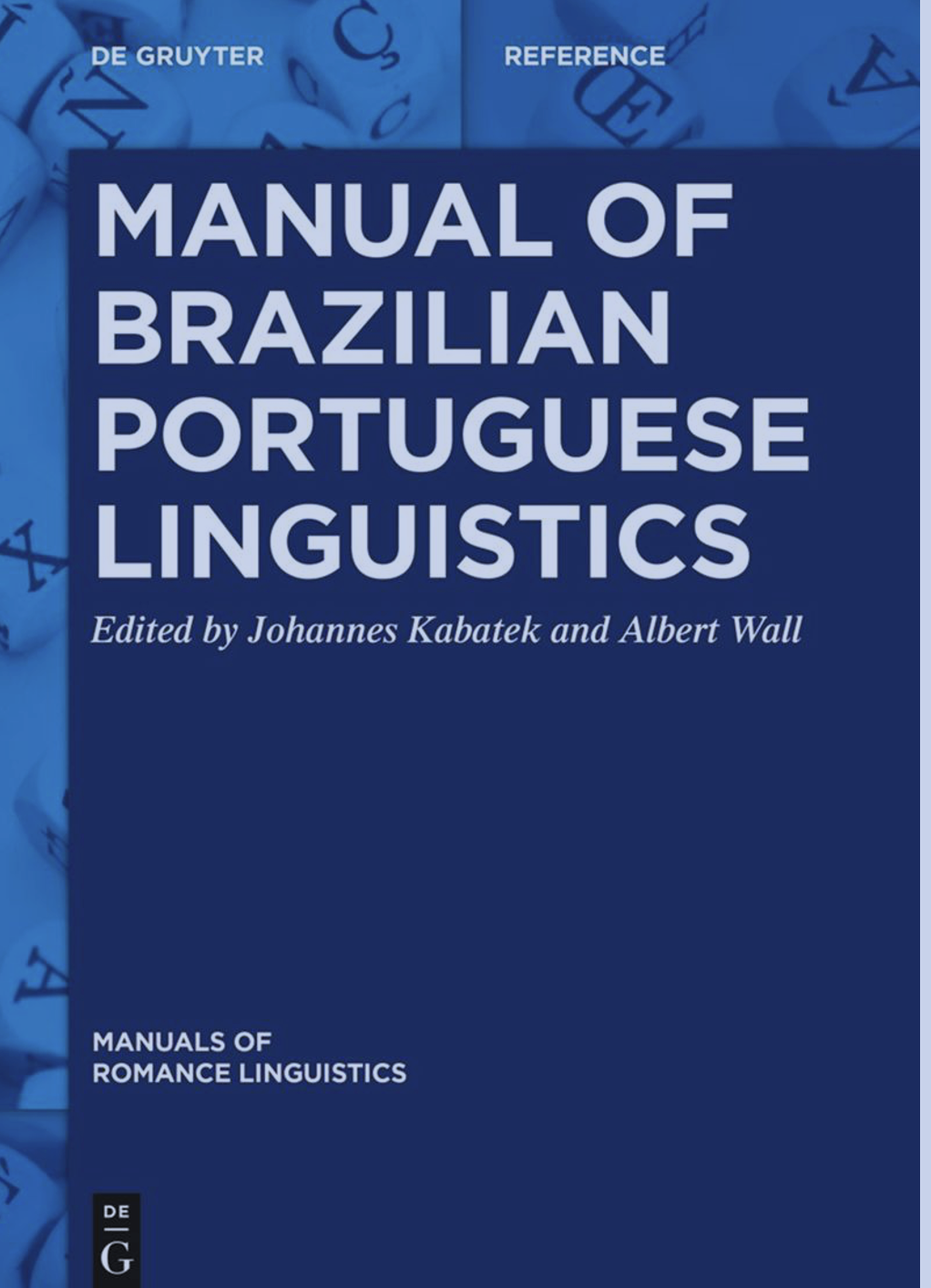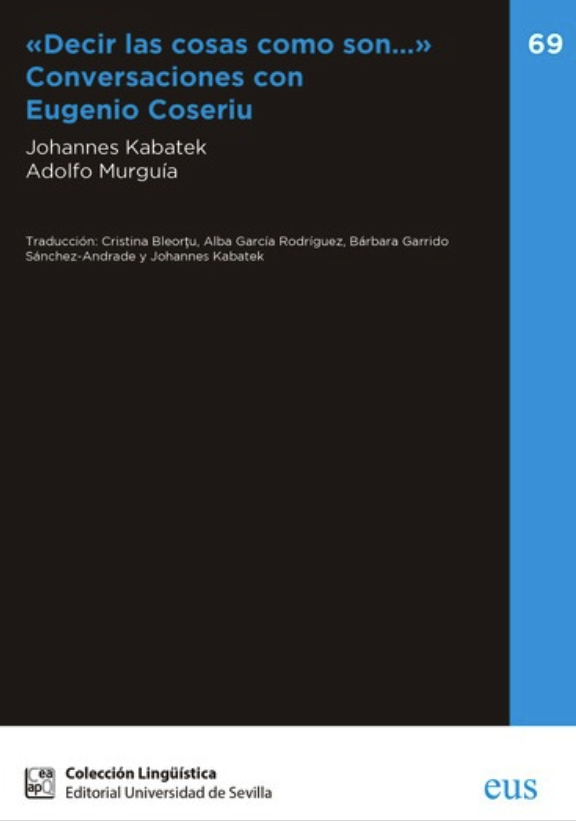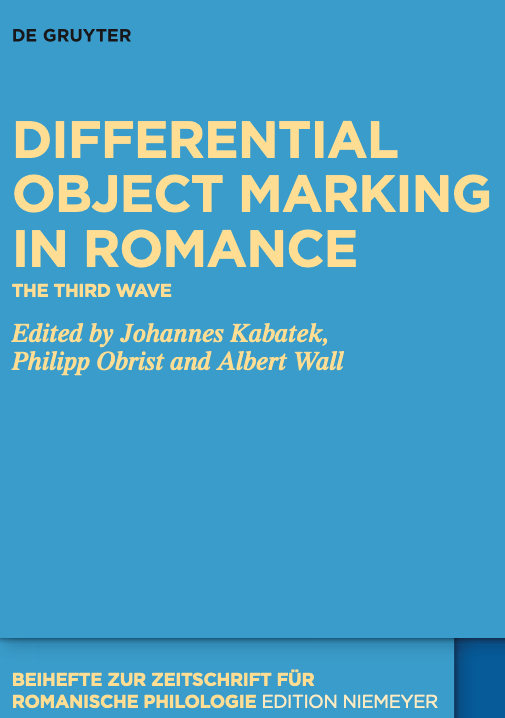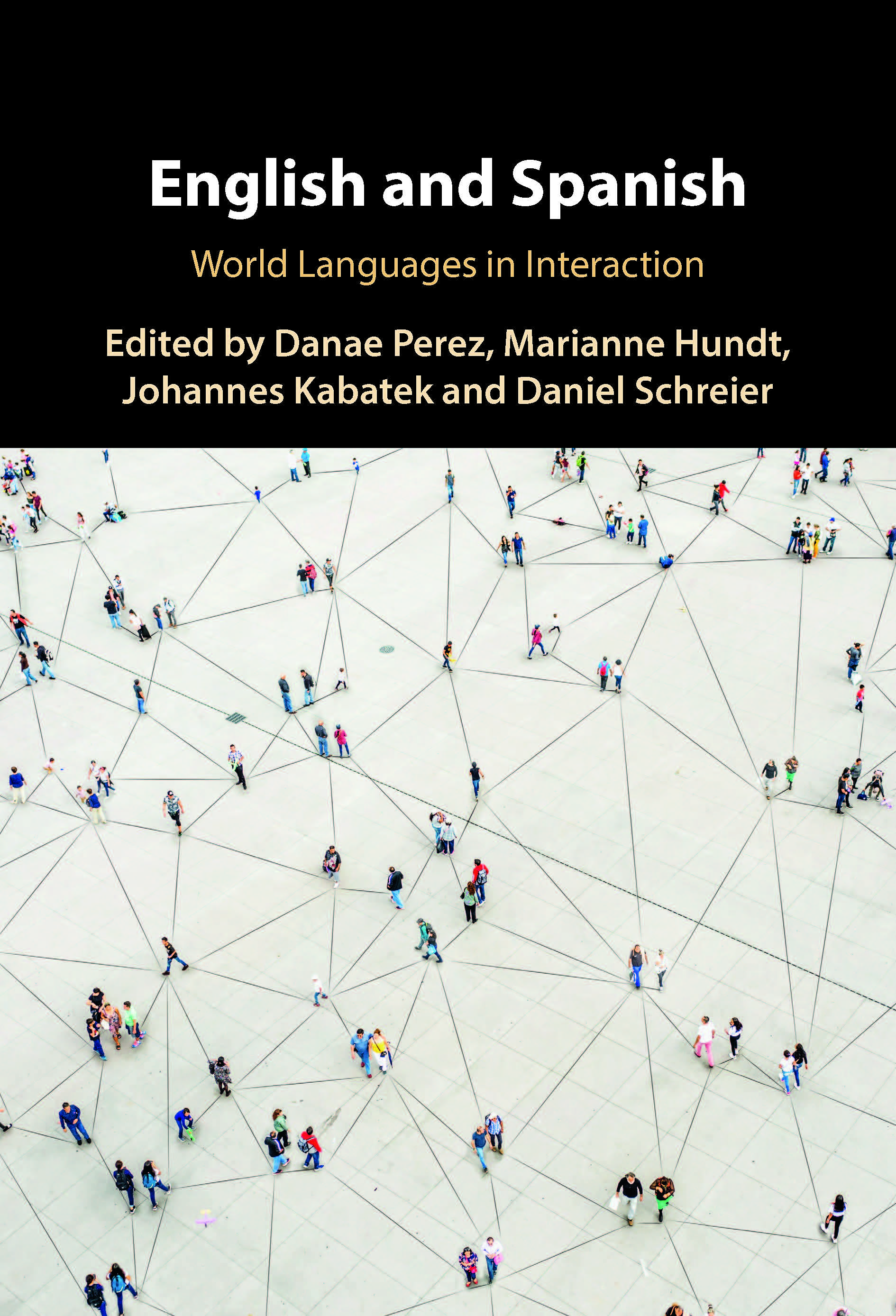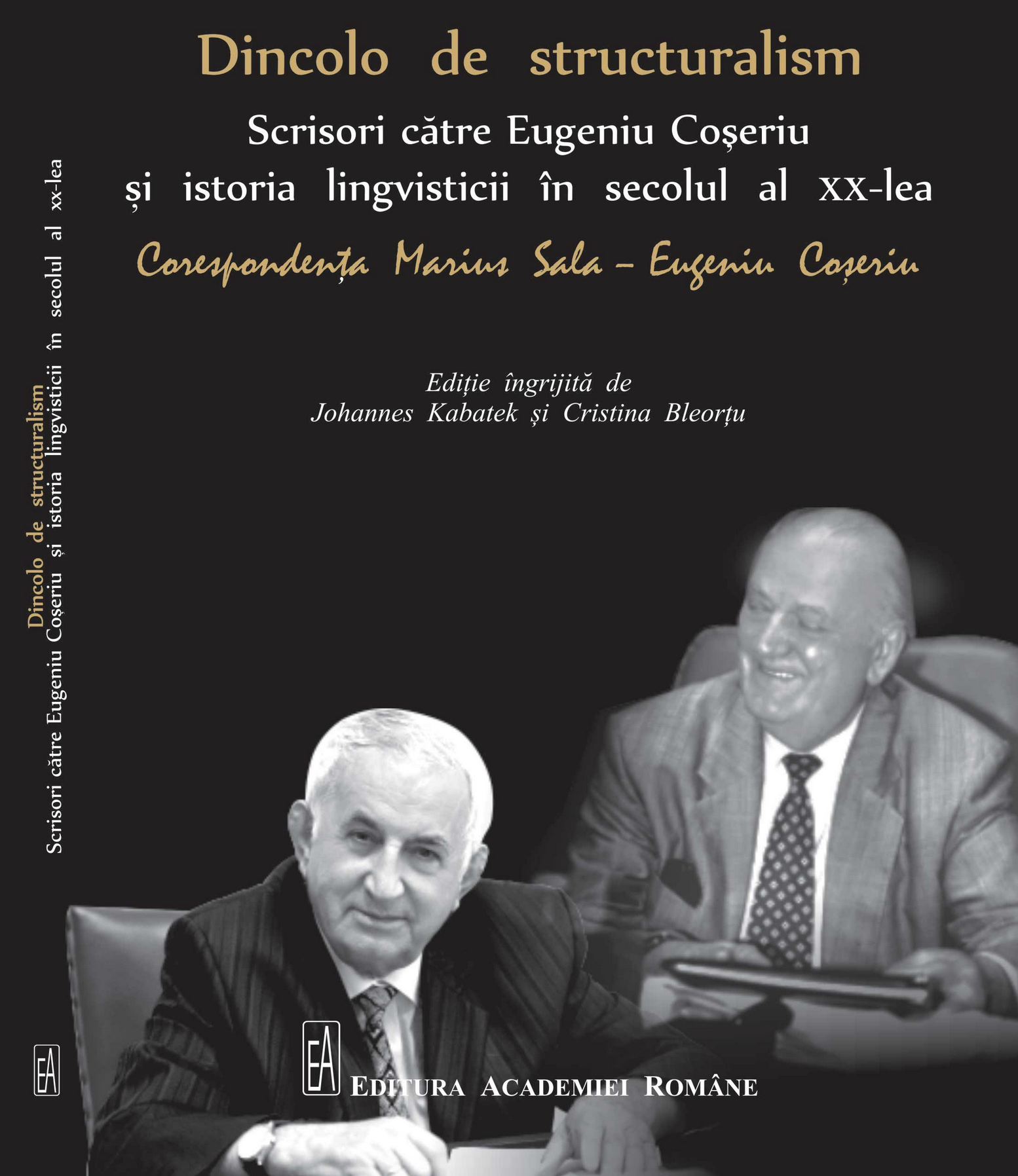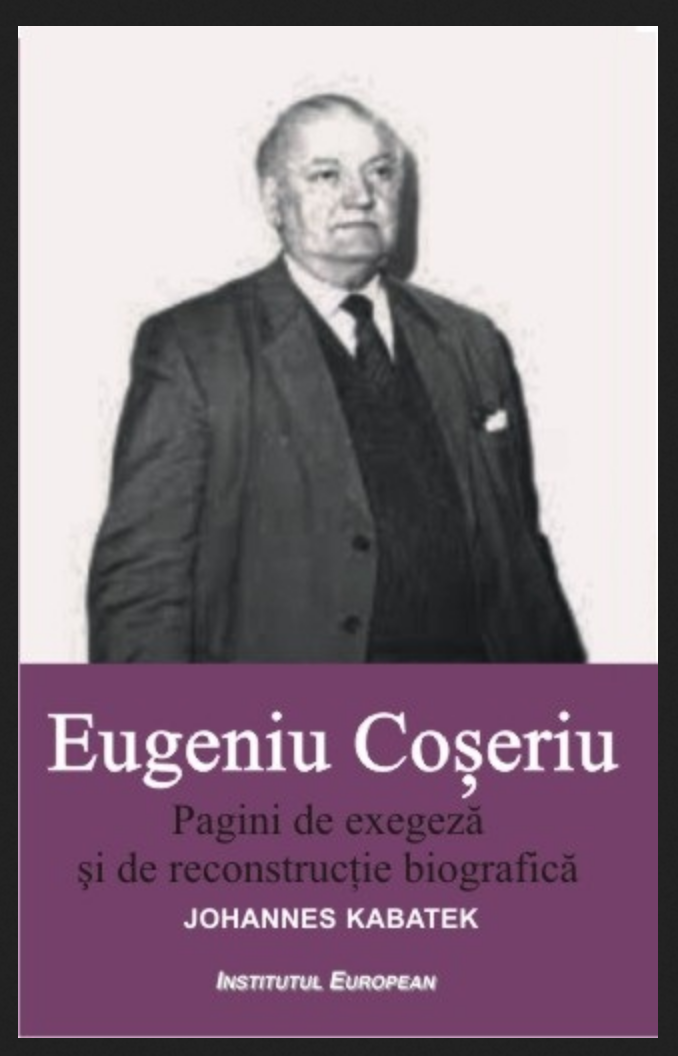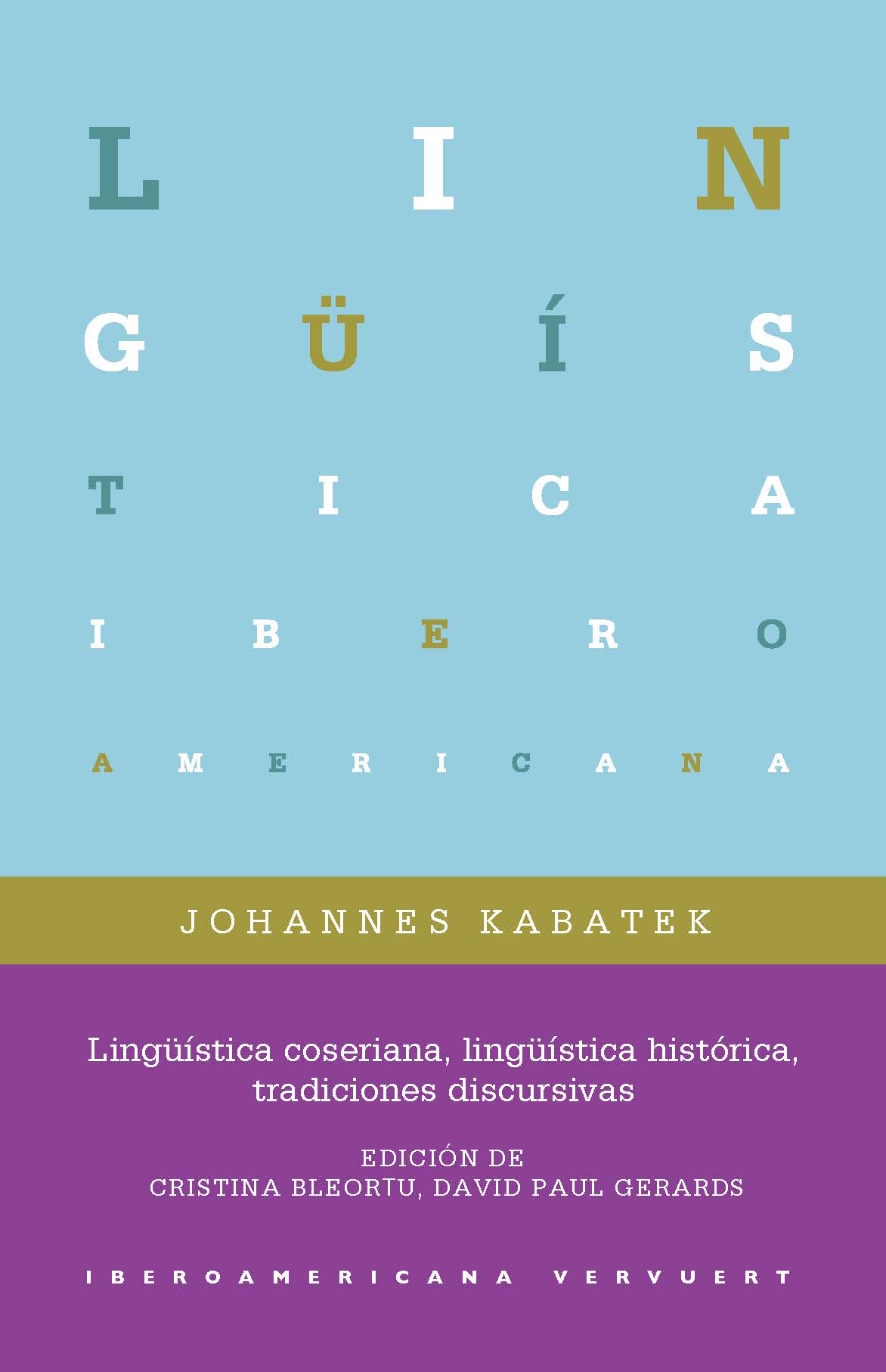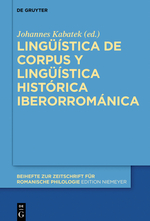Johannes Kabatek
Ordentlicher Professor für Romanische Philologie mit besonderer Berücksichtigung der iberoromanischen Sprachwissenschaft

Romanisches Seminar
Zürichbergstrasse 8
CH - 8032 Zürich
+41 (0)44 634 36 10
Büro ZUG G 64
Mitarbeitende – Sprechstunde
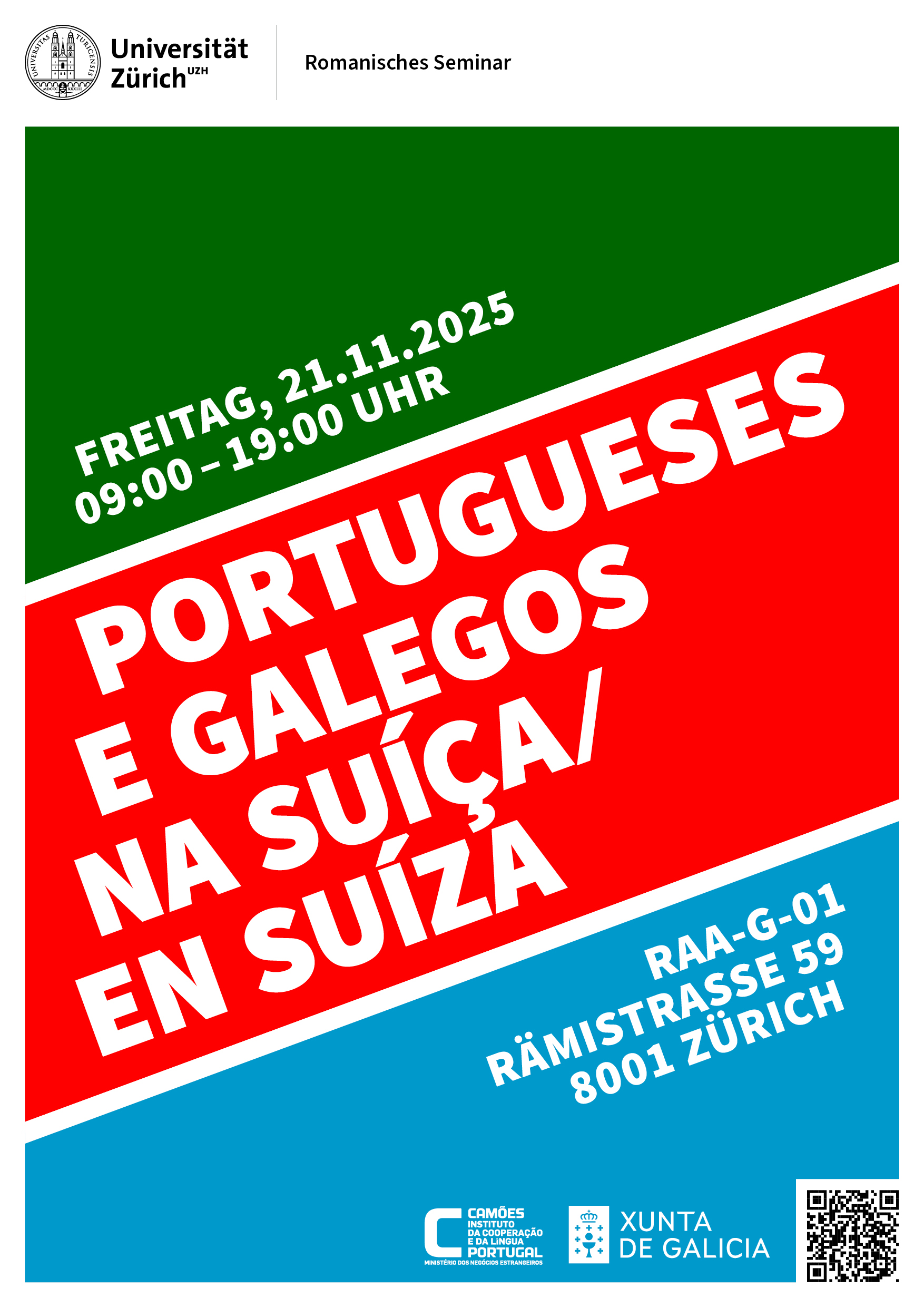
Portugueses e galegos na Suíça
A afinidade histórica, cultural e linguística entre portugueses e galegos remonta à formação da Península Ibérica. Com a definição das fronteiras, deu-se a separação política dos territórios e a língua comum originou duas línguas independentes, embora muito semelhantes. Apesar destas divisões e do passar do tempo, as afinidades entre a cultura portuguesa e a galega ainda hoje são visíveis, como, por exemplo, na profunda ligação ao mar, na gastronomia ou na música tradicional. Também ao nível da migração, portugueses e galegos têm convergido nas suas escolhas, sendo a Suíça um dos países eleitos por ambos os povos.
Neste colóquio, pretende-se refletir sobre as diversas questões associadas à migração de portugueses e galegos para a Suíça, nomeadamente as razões políticas e económicas subjacentes a esta migração, a sua integração no território helvético e as formas de preservação da cultura e identidade, em particular no que às línguas diz respeito.
Portugueses e Galegos en Suíza
A afinidade histórica, cultural e lingüística entre portugueses e galegos remontase á formación da península ibérica. Coa definición das fronteiras, produciuse a separación política dos territorios e a lingua común deu lugar a dúas linguas independentes, aínda que moi similares. Alén desas divisións e do paso do tempo, as afinidades entre a cultura portuguesa e a galega seguen sendo visibles hoxe en día, como, por exemplo, na profunda conexión co mar, coa gastronomía ou coa música tradicional. Tamén cando nos referimos á migración, portugueses e galegos coincidiron nas súas escollas, sendo a Suíza un dos países elixidos por ambos pobos.
Neste coloquio preténdese reflectir sobre diversas cuestións relacionadas coa migración de portugueses e galegos á Suíza, en particular as razóns políticas e económicas subxacentes a esta migración, a súa integración no territorio helvético e mailas formas de preservación da cultura e da identidade, en particular no que se refire ás linguas.
Portugiesische und galicische Immigration in der Schweiz
Die historische, kulturelle und sprachliche Verbundenheit zwischen Portugiesen und Galiciern reicht bis zur Entstehung der Iberischen Halbinsel zurück. Mit der Festlegung der Grenzen kam es zur politischen Trennung der Gebiete, und aus der gemeinsamen Sprache entstanden zwei unabhängige, wenn auch sehr ähnliche Sprachen. Trotz dieser jahrhundertelangen Trennung sind die Gemeinsamkeiten zwischen der portugiesischen und der galicischen Kultur auch heute noch deutlich sichtbar, beispielsweise in der tiefen Verbundenheit zum Meer, in der Gastronomie oder in der traditionellen Musik. Auch in Bezug auf die Migration sind die Menschen aus Portugal und Galicien ähnliche Wege gegangen, wobei die Schweiz eines der von beiden Völkern bevorzugten Migrationsziele ist.
In diesem Kolloquium sollen verschiedene Fragen im Zusammenhang mit der Migration von Portugiesen und Galiciern in die Schweiz diskutiert werden, insbesondere die politischen und wirtschaftlichen Gründe für die Migration, die Integration in der Schweiz und die Formen der Bewahrung von Kultur und Identität, insbesondere in Bezug auf die Sprachen.
Portuguese and Galician people in Switzerland
The historical, cultural and linguistic affinity between the Portuguese and Galicians dates back to the formation of the Iberian Peninsula. With the definition of borders, the political separation of territories took place and the originally common language gave rise to two independent, albeit very similar, languages. Despite these divisions and the passage of time, the affinities between the Portuguese and Galician culture are still visible today, for example in their deep connection to the sea, their cuisine and their traditional music. In terms of migration, the Portuguese and Galicians have also converged in their choices, with Switzerland being one of the favoured destinations for both peoples.
This colloquium aims to reflect on the various issues associated with the migration of Portuguese and Galicians to Switzerland, namely the political and economic reasons underlying this migration, the integration into Swiss society and ways of preserving the Galician and Portuguese culture and identity, particularly with regard to the languages.
Formulário de inscrição para assistência por Zoom
Formulario de inscripción para a asistencia por Zoom
https://forms.gle/EDdqmHrSzL5cGhgV9
Para mais informações, contacte-nos através do endereço joana.faroserafim@uzh.ch
Para mais información, contáctenos através do enderezo kabatek@rom.uzh.ch
I edición del Premio de Hispanismo Internacional Fundación Duques de Soria (2024)
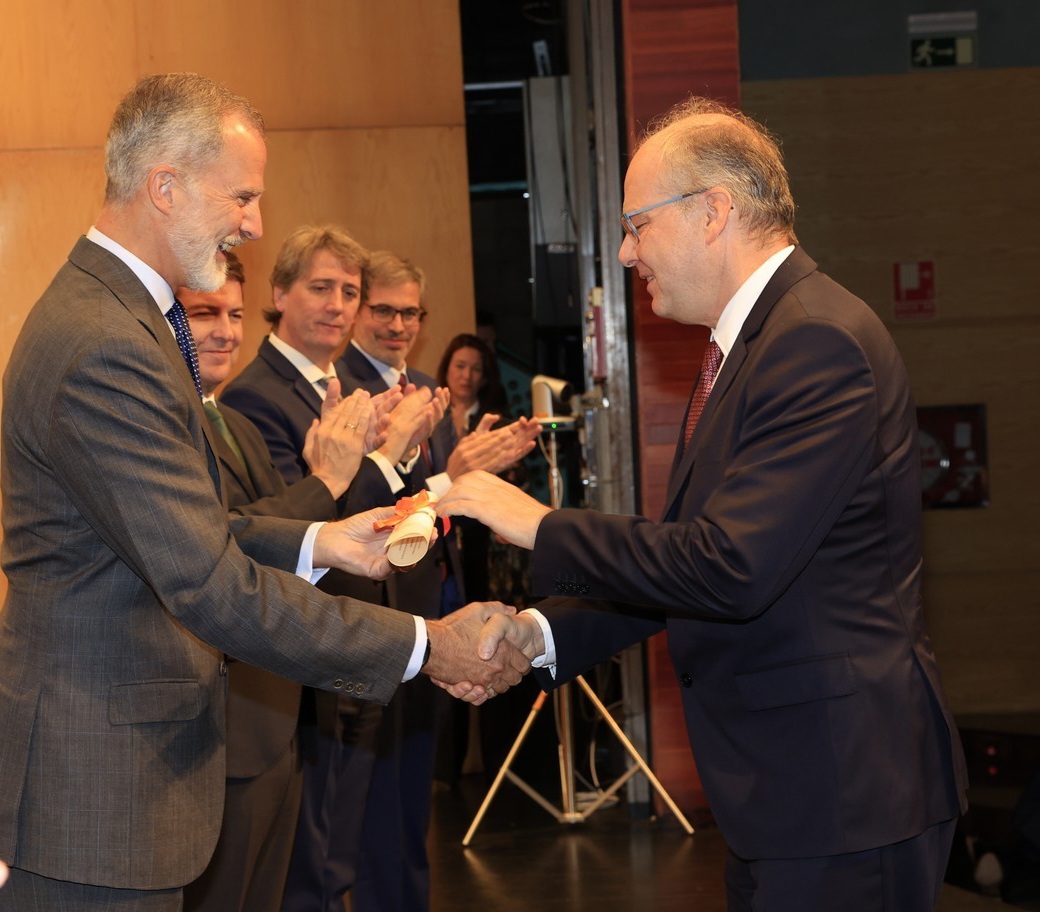
Soria, 27 de octubre de 2024
Felipe VI entrega el I "Premio Hispanismo Internacional Fundación Duques de Soria" al proyecto "Nuevos espacios del español en Europa" dirigido por el profesor Johannes Kabatek en el Palacio de la Audiencia de Soria.
Observatorio Global del Español – Seminario ‘El español en Europa’ (2024)
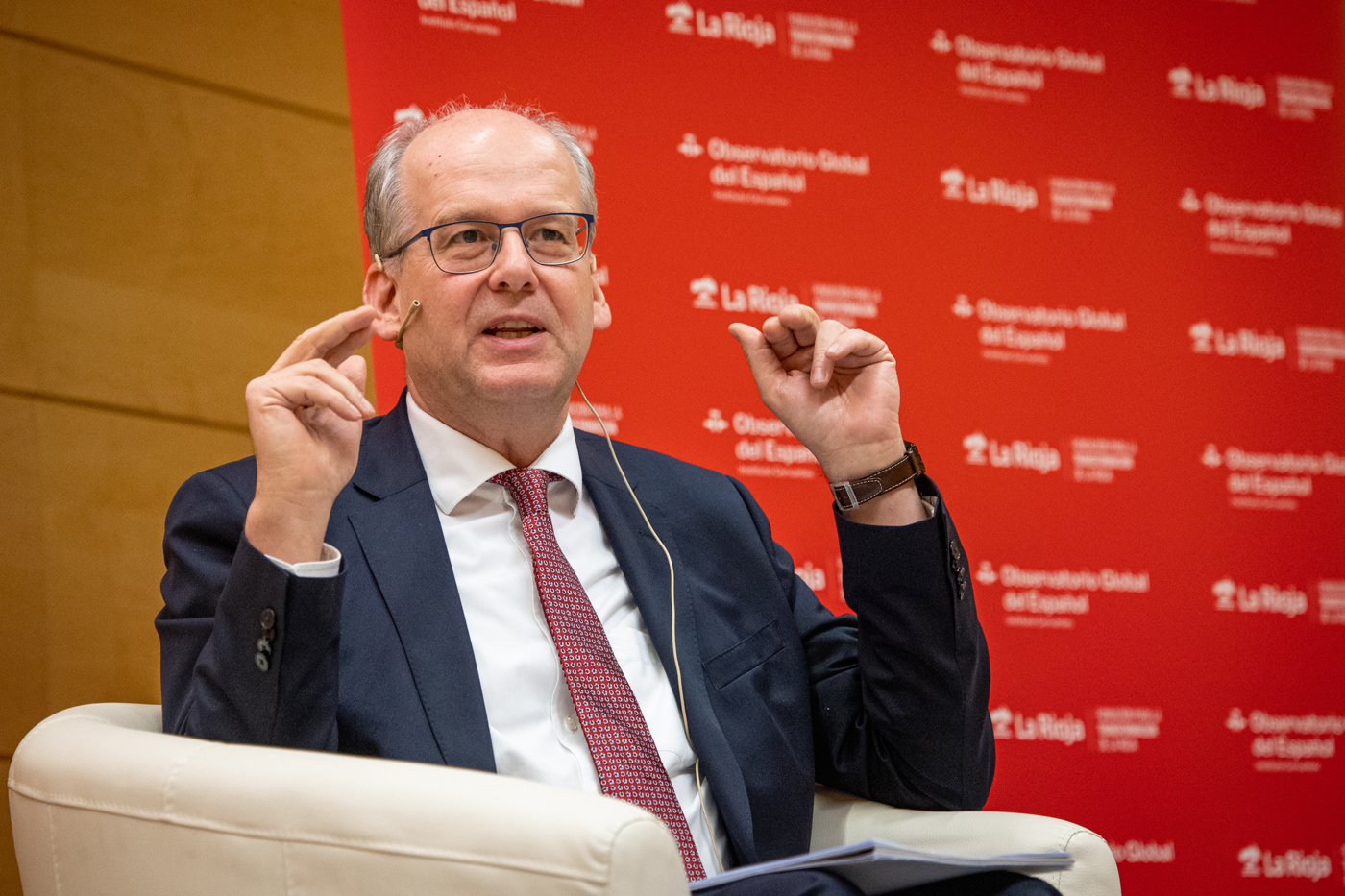
Logroño, noviembre 2024
El seminario ‘El español en Europa’ es la primera iniciativa del Observatorio Global del Español, que lo organiza junto al Observatorio del Español en Europa y el Gobierno riojano.
«El español tiene que estar más presente en el mundo digital» ha afirmado a EFE Johannes Kabatek, catedrático de Lingüística Iberorrománica y de Lingüística Románica Comparada en la Universidad de Zúrich (Suiza), uno de los directores del proyecto ‘El español en Europa’.
Lea el artículo completo aquí

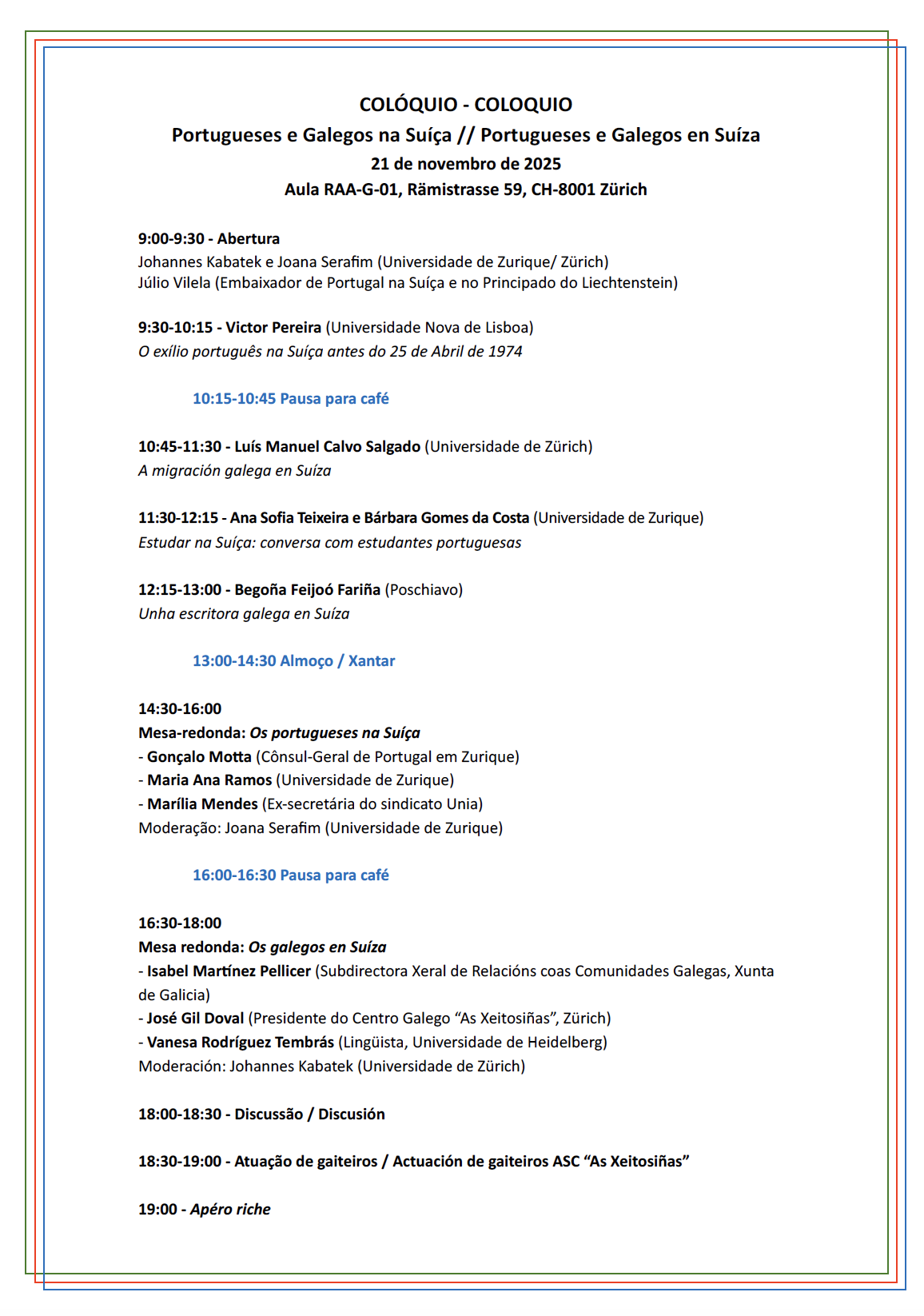
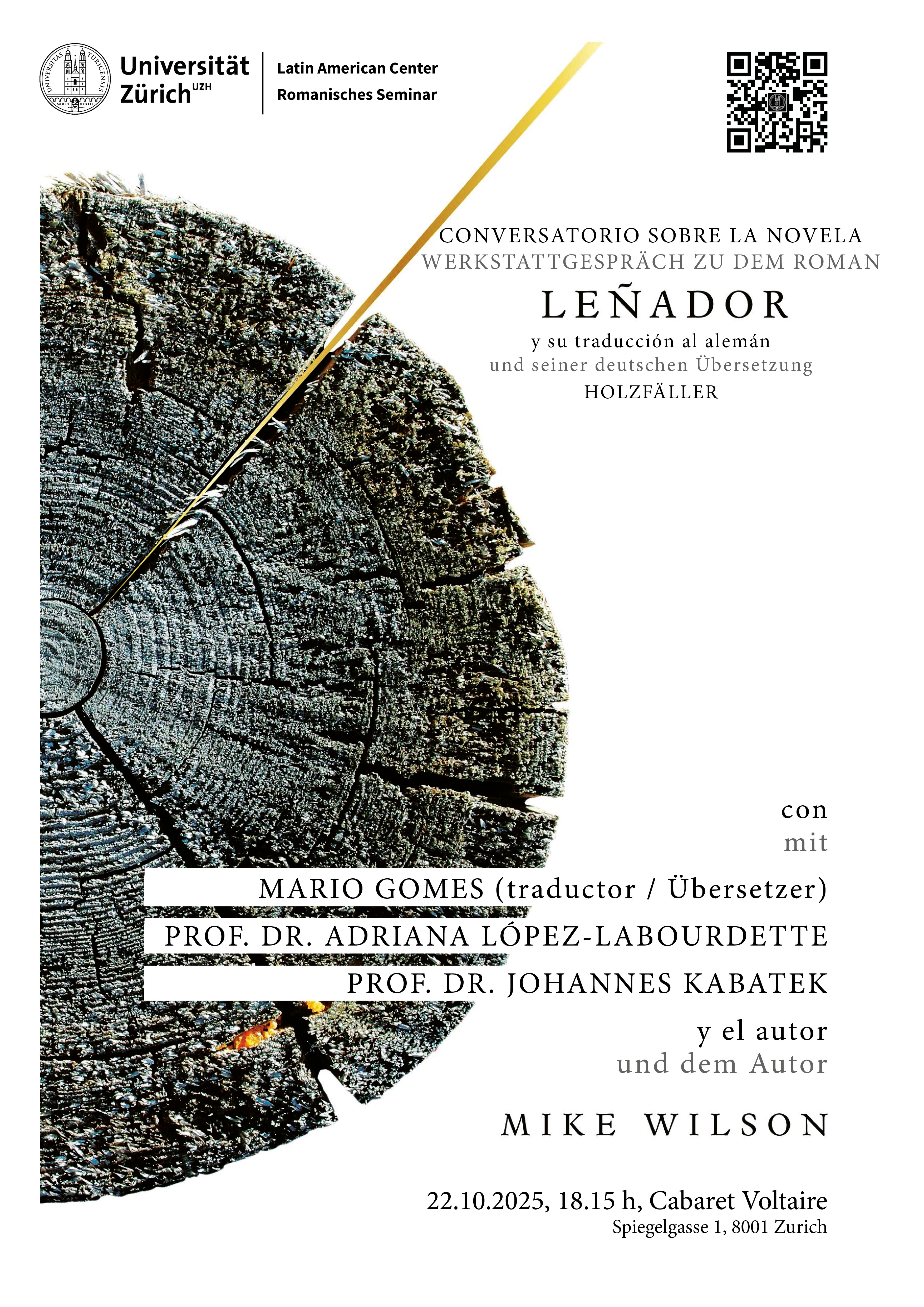
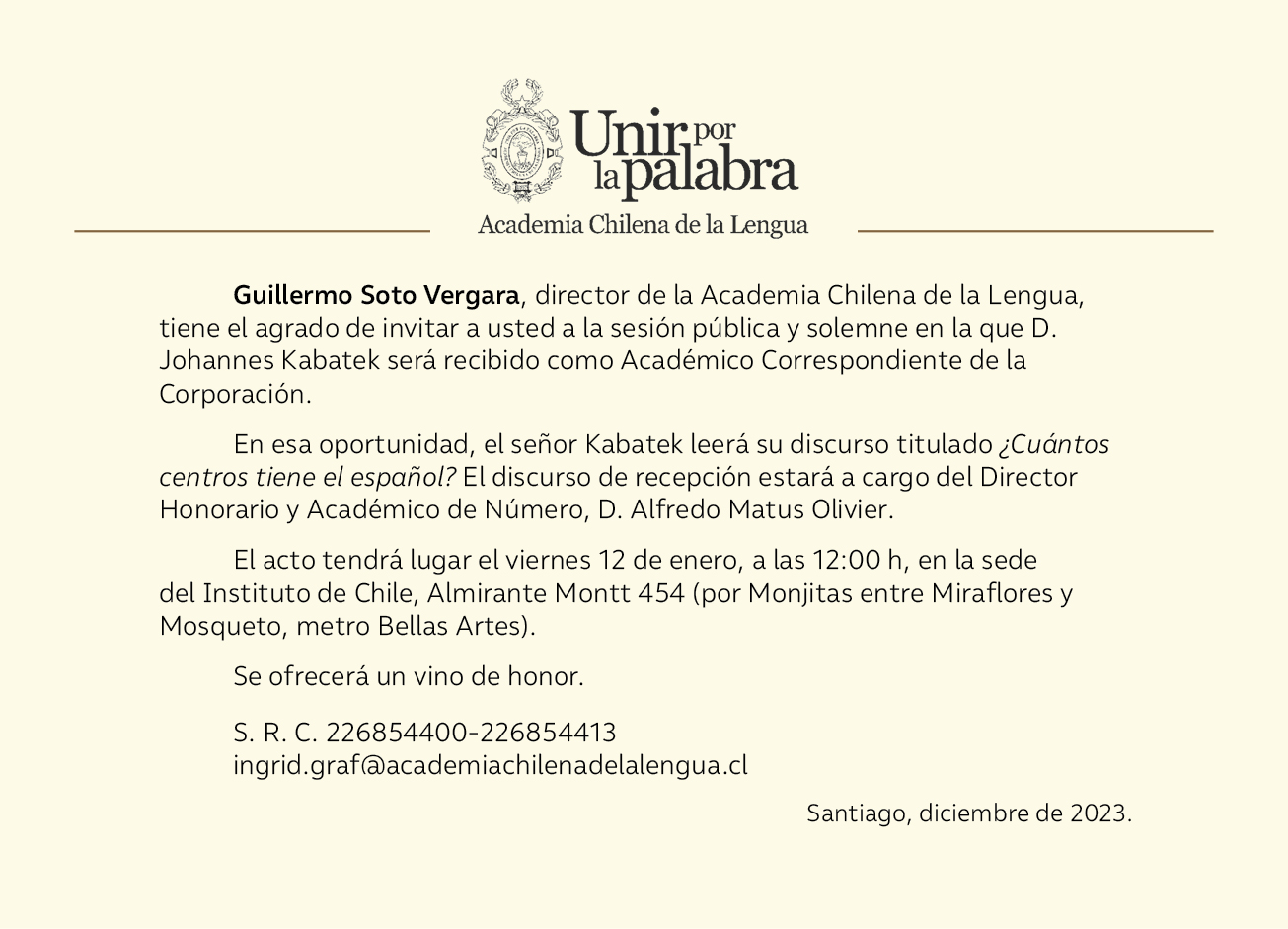

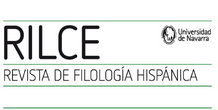
.png)
